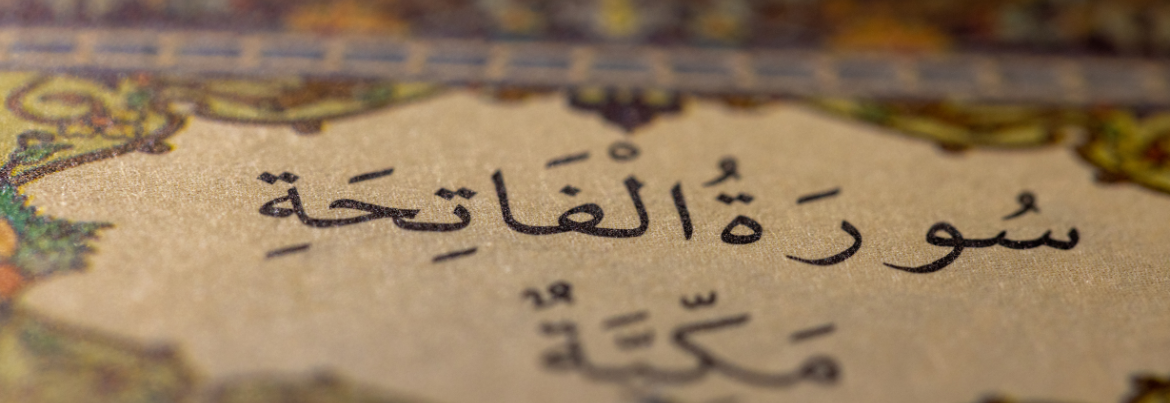
Makki and Madani Surahs: Differences and Significance
The Quran, the holy book of Islam, is divided into chapters known as surahs. Among these, a fundamental classification is made based on their place of revelation: Makki (Meccan) and Madani (Medinan) Surahs. Understanding the differences and significance between these two categories provides valuable insights into the chronological and thematic development of the Quranic revelation.
Differences Between Makki and Madani Surahs
1. Chronological Distinction:
The primary distinction between Makki and Madani Surahs lies in their chronological order of revelation. Makki Surahs were revealed in Mecca during the early years of Prophet Muhammad’s (peace be upon him) mission, while Madani Surahs were revealed in Medina after the migration.
2. Themes and Content:
Makki Surahs often focus on foundational aspects of faith, emphasizing the oneness of Allah, the Day of Judgment, and moral guidance. They address the challenges faced by the early Muslim community in Mecca, where they were a minority facing persecution.
In contrast, Madani Surahs, revealed in the more diverse and established community of Medina, address issues related to governance, social conduct, and legal matters. They provide detailed guidance on various aspects of life, including commerce, family, and relationships.
3. Language and Style:
Makki Surahs are generally characterized by a more poetic and rhetorical style. They employ vivid imagery and powerful metaphors to convey the message, aiming to evoke contemplation and reflection.
Madani Surahs, being more legislative in nature, often adopt a more straightforward and direct style. They provide specific guidance on legal matters, social issues, and community affairs, reflecting the needs of the growing Muslim community in Medina.
Significance of Makki and Madani Surahs
1. Spiritual Foundations:
Makki Surahs lay the spiritual foundations of Islam. They emphasize the core beliefs and moral principles that form the basis of the faith.
2. Community Building:
Madani Surahs contribute to the establishment and governance of the Muslim community. They provide guidance on how to structure and conduct the affairs of the growing Muslim society in Medina.
3. Comprehensive Guidance:
Together, Makki and Madani Surahs offer a comprehensive guide for Muslims, addressing both spiritual and practical aspects of life. This dual revelation provides a holistic framework for individual and communal well-being.
4. Evolution of Revelation:
The progression from Makki to Madani Surahs represents the evolution of the Islamic message in response to the changing circumstances of the Muslim community. This adaptability underscores the dynamic and relevant nature of the Quranic guidance.
The study of Makki and Madani Surahs enhances our understanding of the Quran’s divine guidance. The differences in themes, style, and context offer a nuanced perspective on the multifaceted nature of Islamic revelation. Recognizing the significance of both Makki and Madani revelations is crucial for a comprehensive grasp of the Quranic message and its relevance to diverse aspects of human life.
Total Number of Makki and Madani Surahs
The Quran consists of a total of 114 surahs (chapters). Approximately two-thirds of the surahs are Makki Surahs and approximately one-third are Madani Surahs.
The exact number of Makki and Madani Surahs can be subject to different scholarly opinions and interpretations. It’s important to note that the division is not always strict, and some surahs may have verses revealed in both Mecca and Medina.
So, how is the classification determined?
When a surah has verses revealed in both Mecca and Medina, it is referred to as a “Makki-Madani” surah, indicating that it spans both periods of revelation. The classification is based on the predominant theme or context of the surah. Scholars typically analyze the content and context of each verse to determine whether it aligns more closely with the themes of Meccan revelation or those of Medinan revelation.
The classification is not always straightforward, and scholars may differ in their opinions on certain surahs. Some surahs may be considered Makki primarily but have specific verses revealed in Medina, and vice versa.
Scholars use various factors to determine the classification, including historical context, subject matter, and the overall theme of the surah. It’s important to note that while the Makki-Madani classification helps provide a general understanding of the chronological development of the Quranic revelation, the primary focus remains on the spiritual and moral guidance conveyed by the verses.
